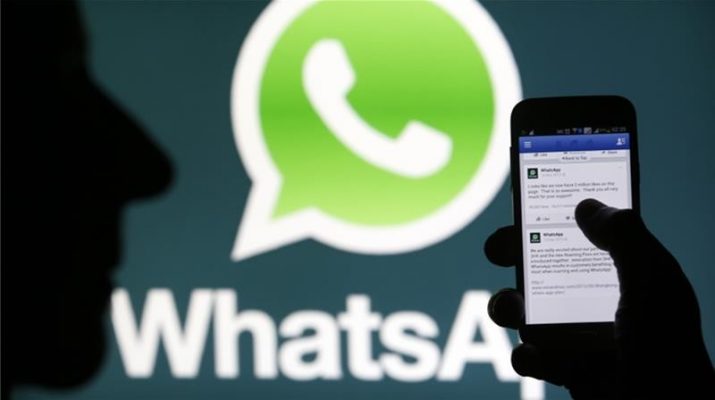As a way to cub exam leakage, Ethiopia has blocked social media sites across the country after university entrance examinations were posted online.
The government said the ban was to prevent students from being distracted from studying during the examination period and to prevent the spread of false rumours. The blocked sites included Facebook, Twitter, Instagram and Viber.
“It’s a temporary measure until Wednesday. Social media have proven to be a distraction for students,” said spokesman Getachew Reda.
Social media sites have gone down in Ethiopia before but only for a matter of hours, with the government previously denying any involvement. This is the first time social media sites have been publicly blocked nationwide.
An Ethiopian journalist, who has covered the story but who did not want to be named for safety reasons, told the BBC that the clampdown “was just the beginning”.
Ethiopia is one of the first African countries to censor the internet, beginning in 2006 with opposition blogs, according to experts.
Prominent blogger Daniel Berhane denounced the move as a “dangerous precedent”.”There’s no transparency on who decides why it’s necessary or who decides for how long,” he said.
“This time it’s for a few days but next time it could be for months… They’re flexing their muscles. They got multiple tools and they’re testing them.” Berhane said

